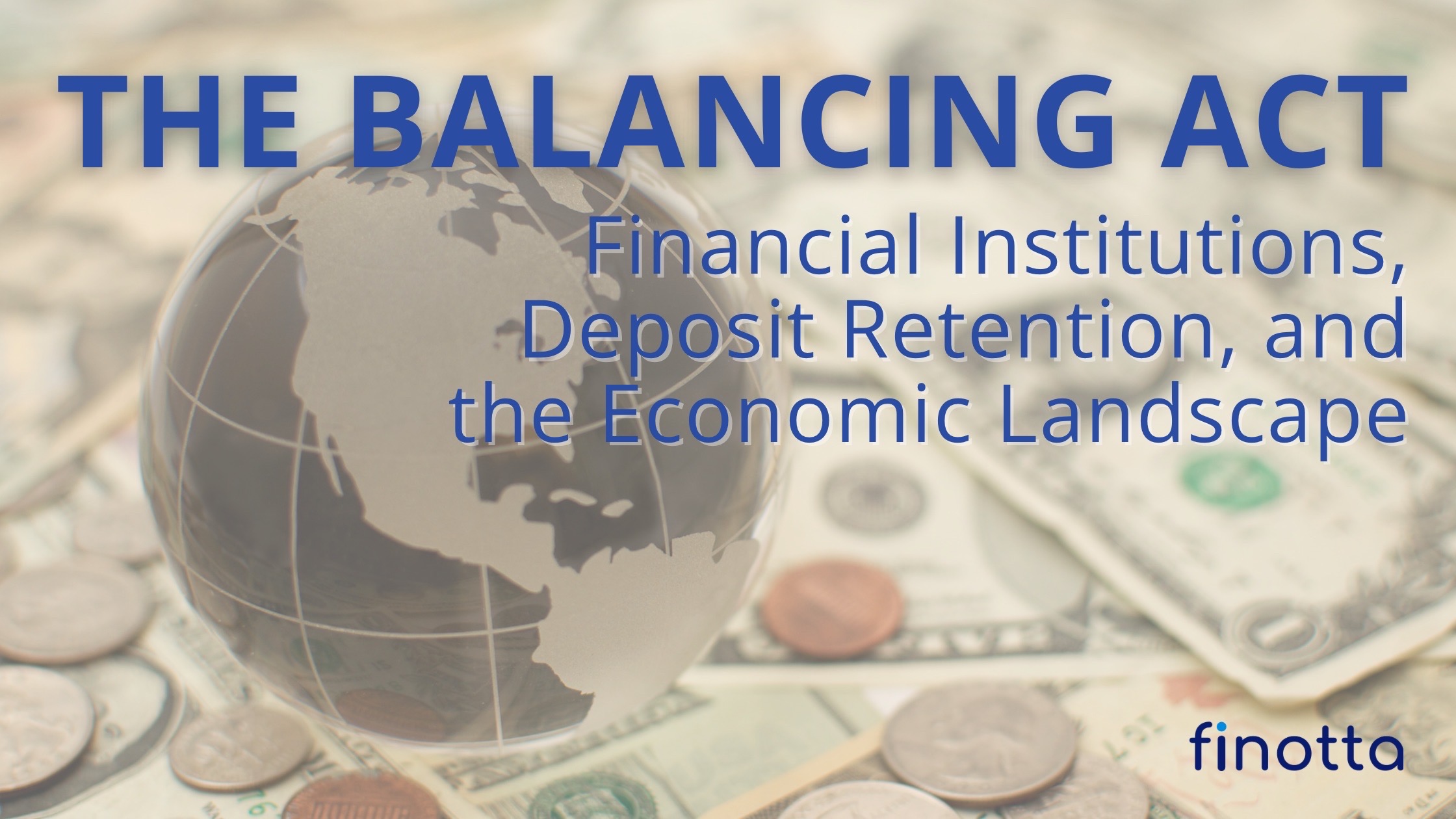Finotta
Nov 16
4 min read

